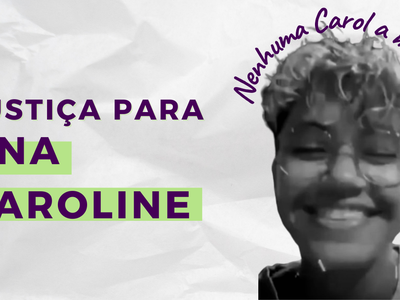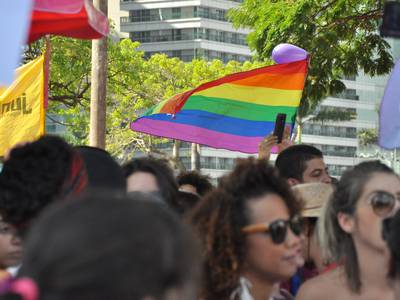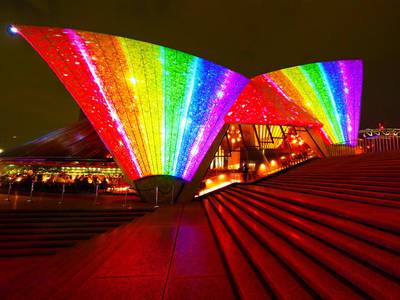Dangerous practices that seek to "cure" LGBTIQ people are still silently happening in Bangladesh, leaving victims with permanent physical and mental trauma. Now there’s an opportunity to ban them in Bangladesh – but we need your help.
The harmful practice of “conversion therapy” continues to exist in Bangladesh.
LGBTIQ community members in Bangladesh report that “conversion therapy” practices are widespread and it is often parents who send their LGBTIQ children to drug rehabilitation facilities, force them to take sedatives, wear traditional clothing, and recite religious books.
Tarin Tani, a conversion therapy survivor from Bangladesh, spoke about her ordeal in an interview:
“I was 25 and I was waiting for my graduation. I told my parents that I was trans [woman] and they were shocked. They said “How is this possible? You are biologically a boy!”. For 6 months, I clearly remember that they locked me in a room. They tortured me. And some religious leader [used to] come everyday and [used] some…holy water and [said] that I am a man, not a woman. At that time, I was shocked and [asked] my mom “I am your child, why are you doing this to me?”. Then they sent me to a doctor. The doctor gave me some therapies… and some medicine which were horrible for [my health]. My father and mother beat me, slapped me and sometimes there was a chain on my leg [connected] with the bed so [that] I can’t go outside. Several times… I think I have attempted suicide.”
To watch Tarin Tani’s personal testimony, please click here.
Like Tarin Tani, many members of the LGBTIQ community in Bangladesh have been victims of harmful “conversion therapy” practices, which continue to be performed by individuals, family members, medical professionals, and religious and community leaders.
“Conversion therapy” is used as an umbrella term to describe interventions of a wide-ranging nature, all of which have in common the belief that a person’s sexual orientation or gender identity (SOGI) can and should be changed.
These are deeply harmful interventions that rely on the medically false idea that LGBTIQ persons are sick, inflicting severe pain and suffering, and resulting in long-lasting psychological and physical damage.
In 2020, the UN Independent Expert on SOGI, called for a global ban on “conversion therapy” and noted that countries need to urgently carry out measures against it, especially to protect children and young people:
“Conversion therapy practices inflict severe pain and suffering on lesbian, gay, bisexual, trans and gender-diverse (LGBT) persons, often resulting in long-lasting psychological and physical damage,” and “such practices constitute an egregious violation of rights to bodily autonomy, health, and free expression of one's sexual orientation and gender identity”
But now, Bangladesh has a chance to put an end to this, once and for all!
Sign now, to demand a comprehensive ban on “conversion therapy” in Bangladesh.
To watch Tarin Tani’s personal testimony, please click here.
This campaign is run by ILGA Asia together with Inclusive Bangladesh, Noboprobhaat Foundation, , Somporker Noya Setu and Prantoz Foundation.



